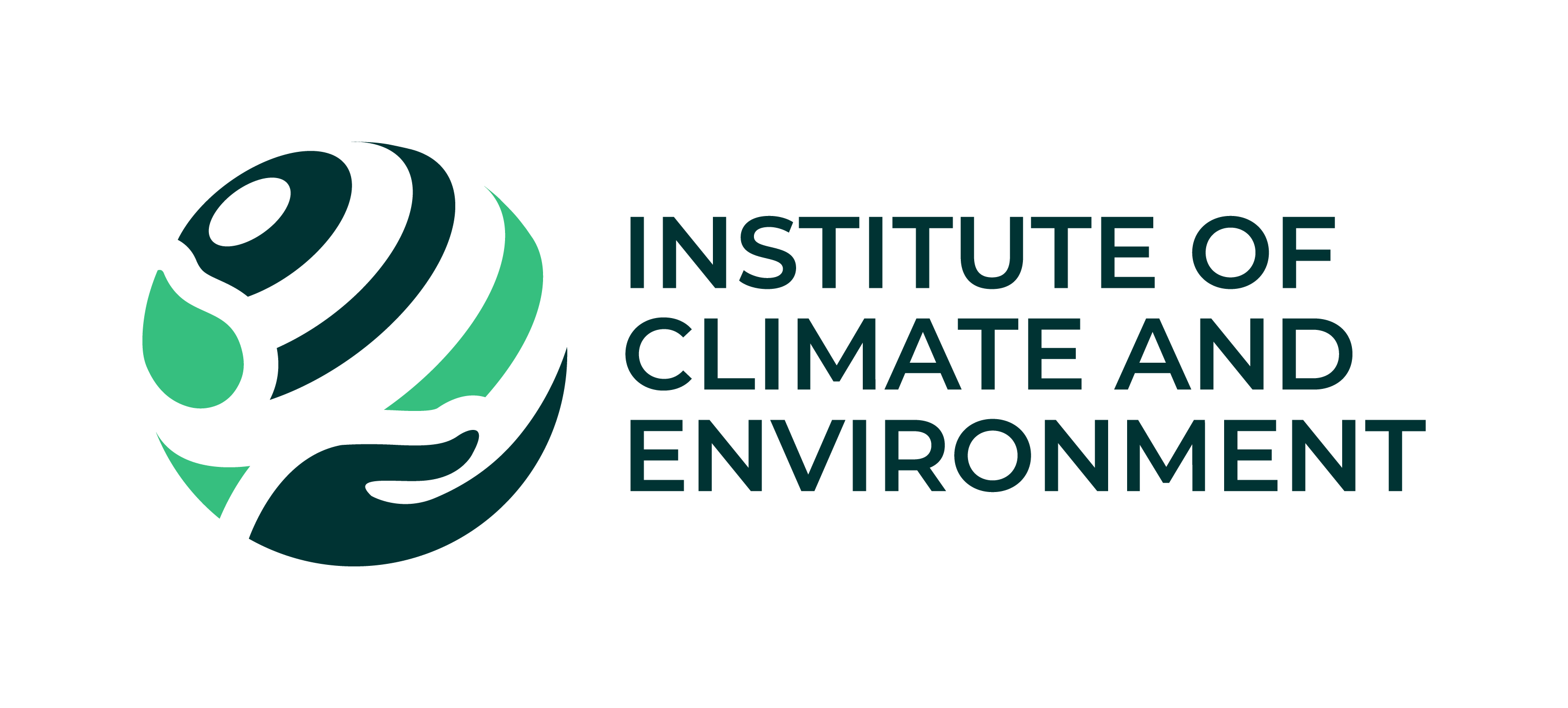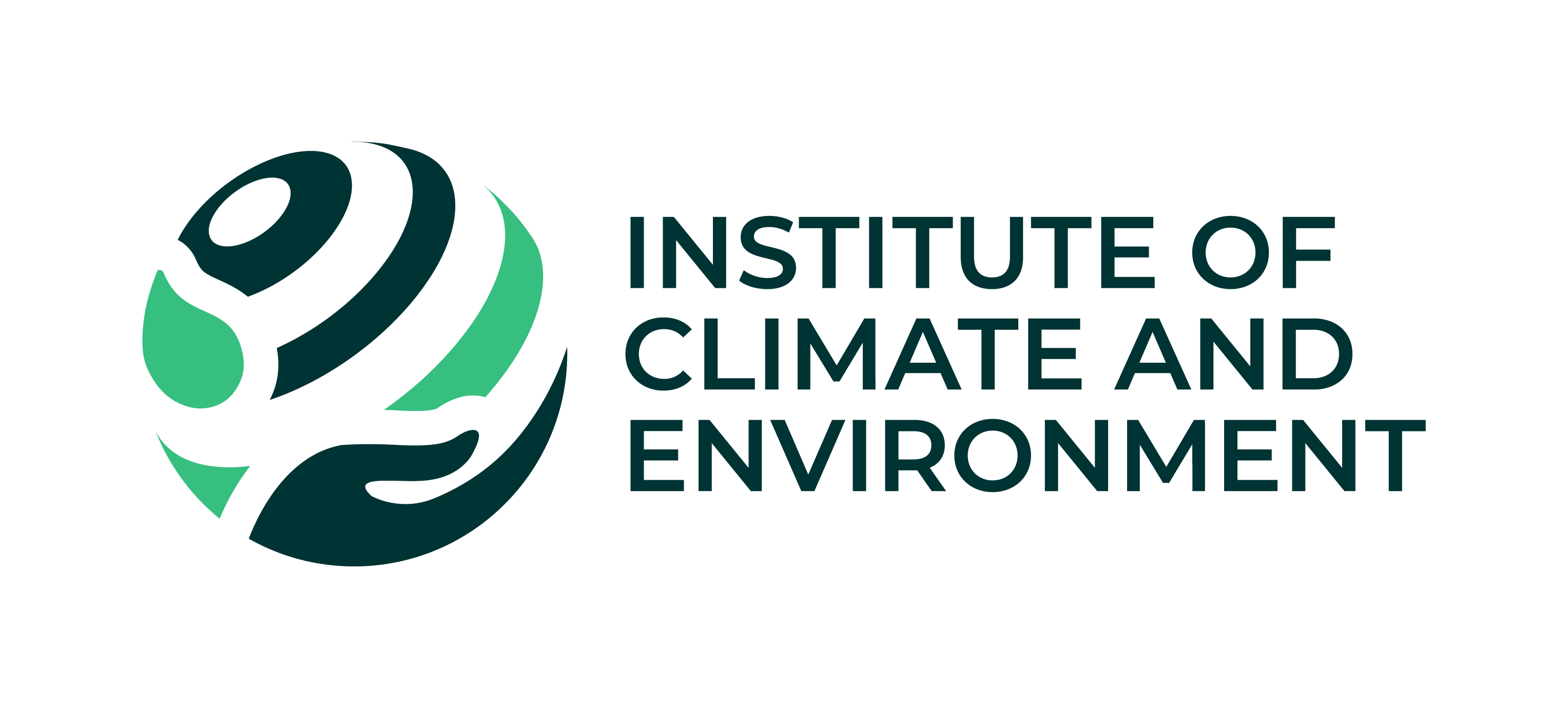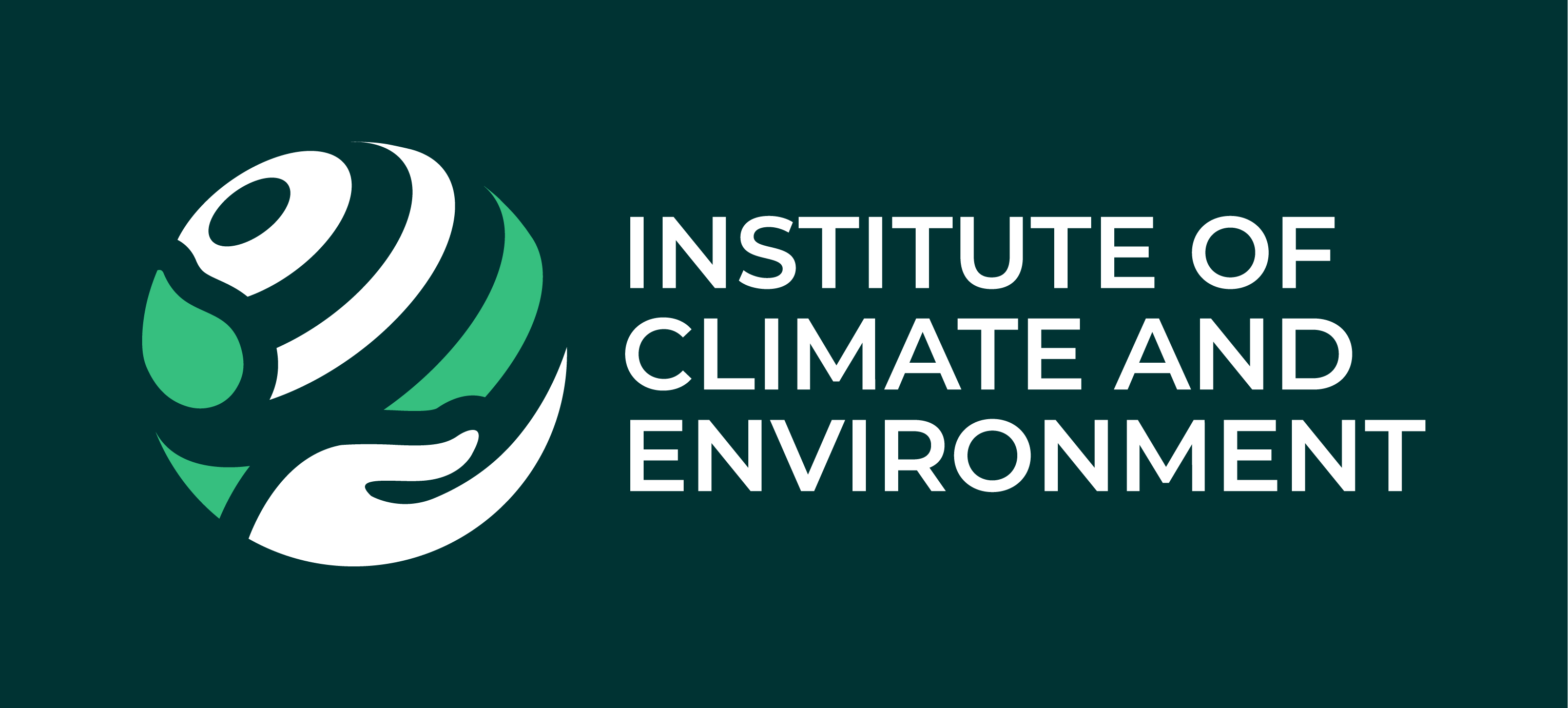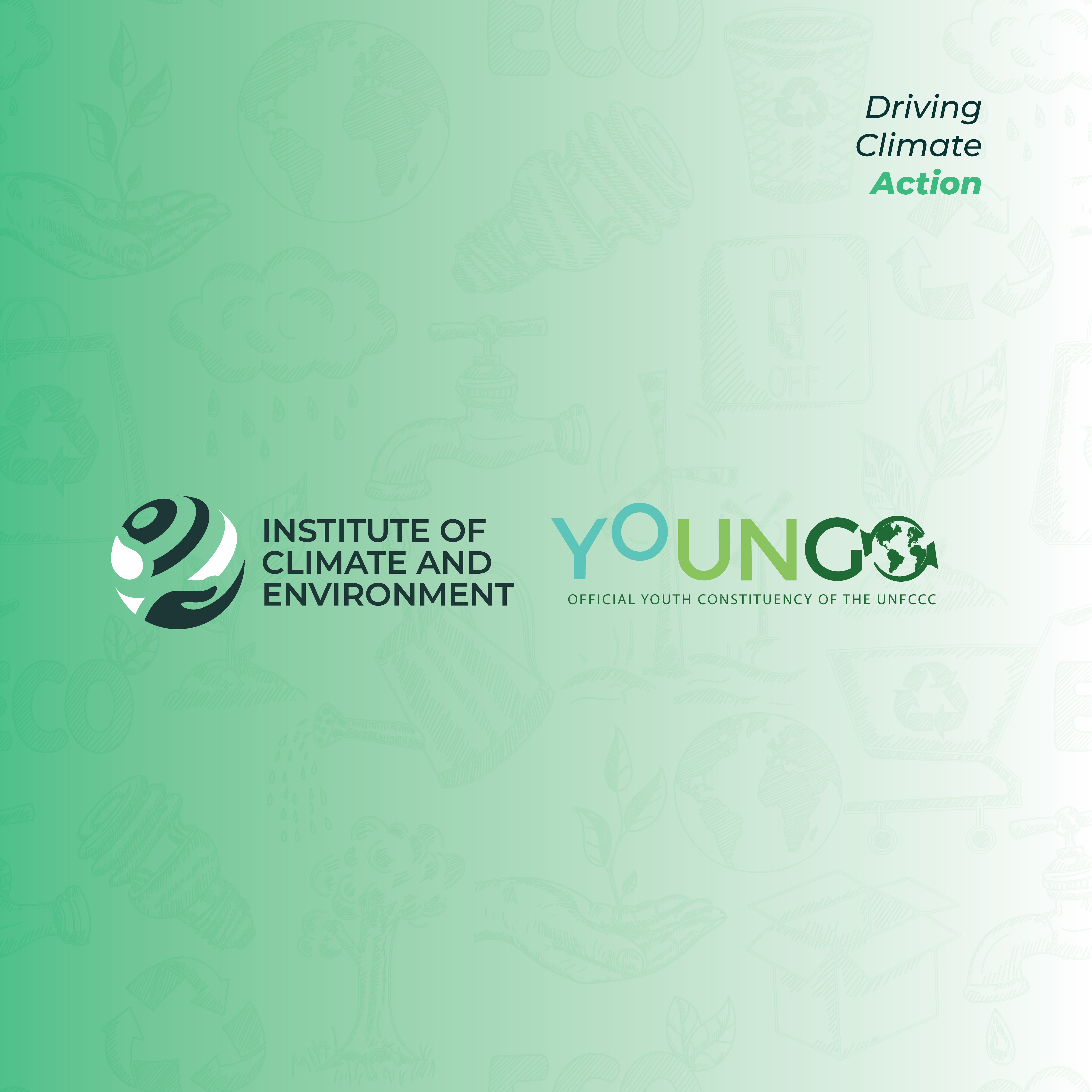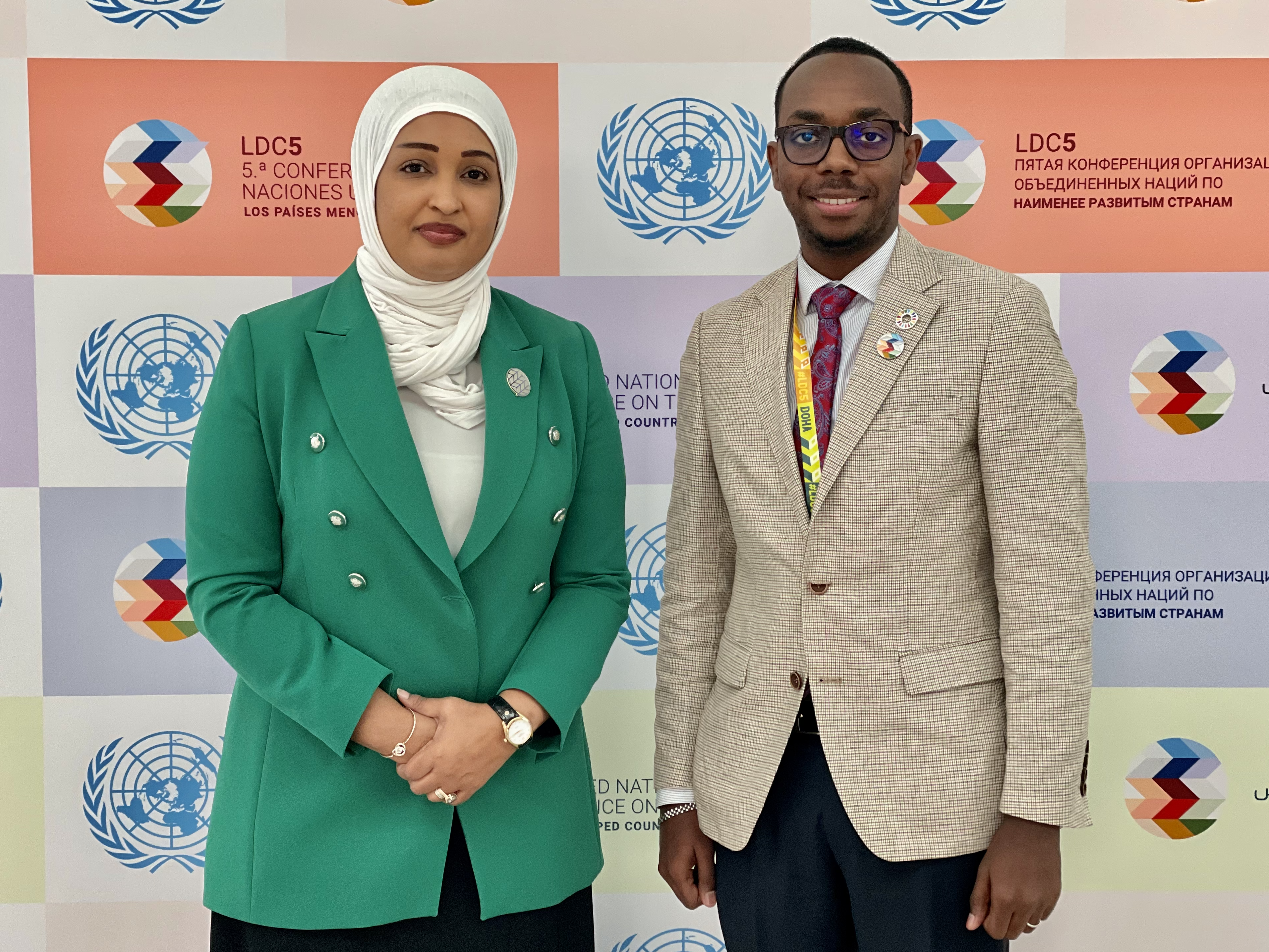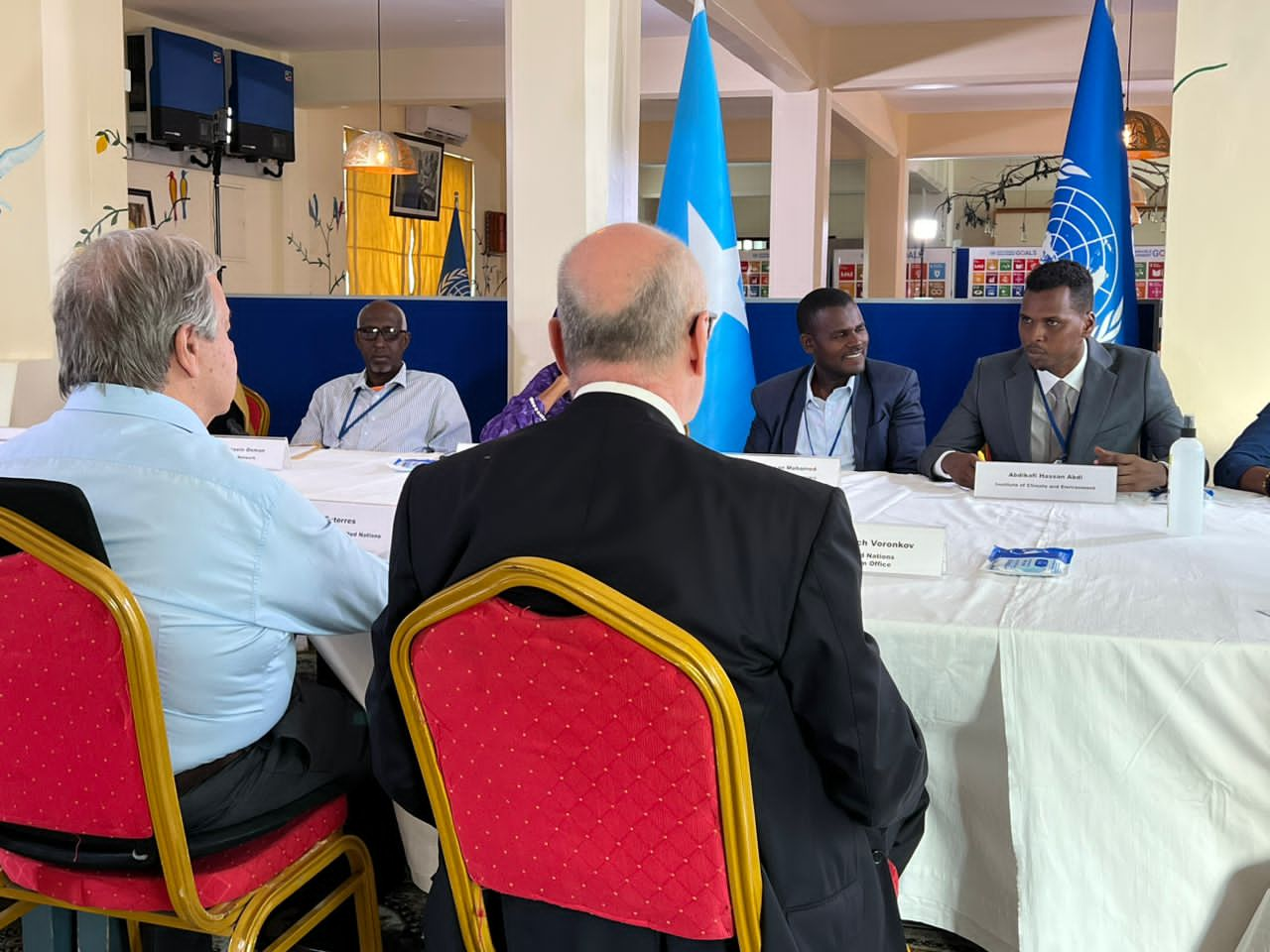
Validating the Stakeholder Engagement Framework for the National Adaptation Plan (NAP)
Climate Adaptation is one of the effective measures to deal with climate crises in the most affected areas. Somalia is not an exception to these realities, and there are ongoing efforts to adopt National Adaption Plan for Somalia. It is essential to include all stakeholders in the struggle against the growing threats posed by climate change to increase resilience and improve adaptation in Somalia. On July 30 and 31, 2023, ICE Institute had the honour of taking part in a crucial two-day gathering. Ustaad Abdikafi Hassan and Libran Hassan from the institute participated in the workshop to contribute to the discussions. The purpose of this significant gathering was to validate and improve the Stakeholder Engagement Framework (SEF) for the National Adaptation Plan (NAP) process. We explored various strategies to enhance the draft and encourage teamwork among all stakeholders with the shared objective of creating a strong climate change adaptation strategy in the country.
The Workshop was attended by various stakeholders from academia, the government and civil society organisations that are in partnership with Kaalo Aid, to support the development of SEF and NAP for Somalia in the fight of climate crisis. An extensive number of stakeholders, including representatives from the federal and state governments, academia, and civil society groups, attended the gathering. The spirit of collaboration and cooperation was palpable, as we all agreed that working together is essential to addressing the difficulties created by climate change in our nation. By involving all stakeholders, the SEF aimed to guarantee inclusiveness, openness, and shared responsibility for the achievement of the NAP.
Throughout the two-day meeting, intensive discussions revolved around the draft SEF. To make the framework stronger and more suited to the unique requirements and conditions of our country, in-depth thoughts and comments were exchanged. The interactive meetings made it possible to see potential weaknesses and opportunities for development, guaranteeing that the SEF is complete and adaptive. The improved Stakeholder Engagement Framework, which reflects the knowledge and dedication of all participants, is proof of the effectiveness of teamwork.
